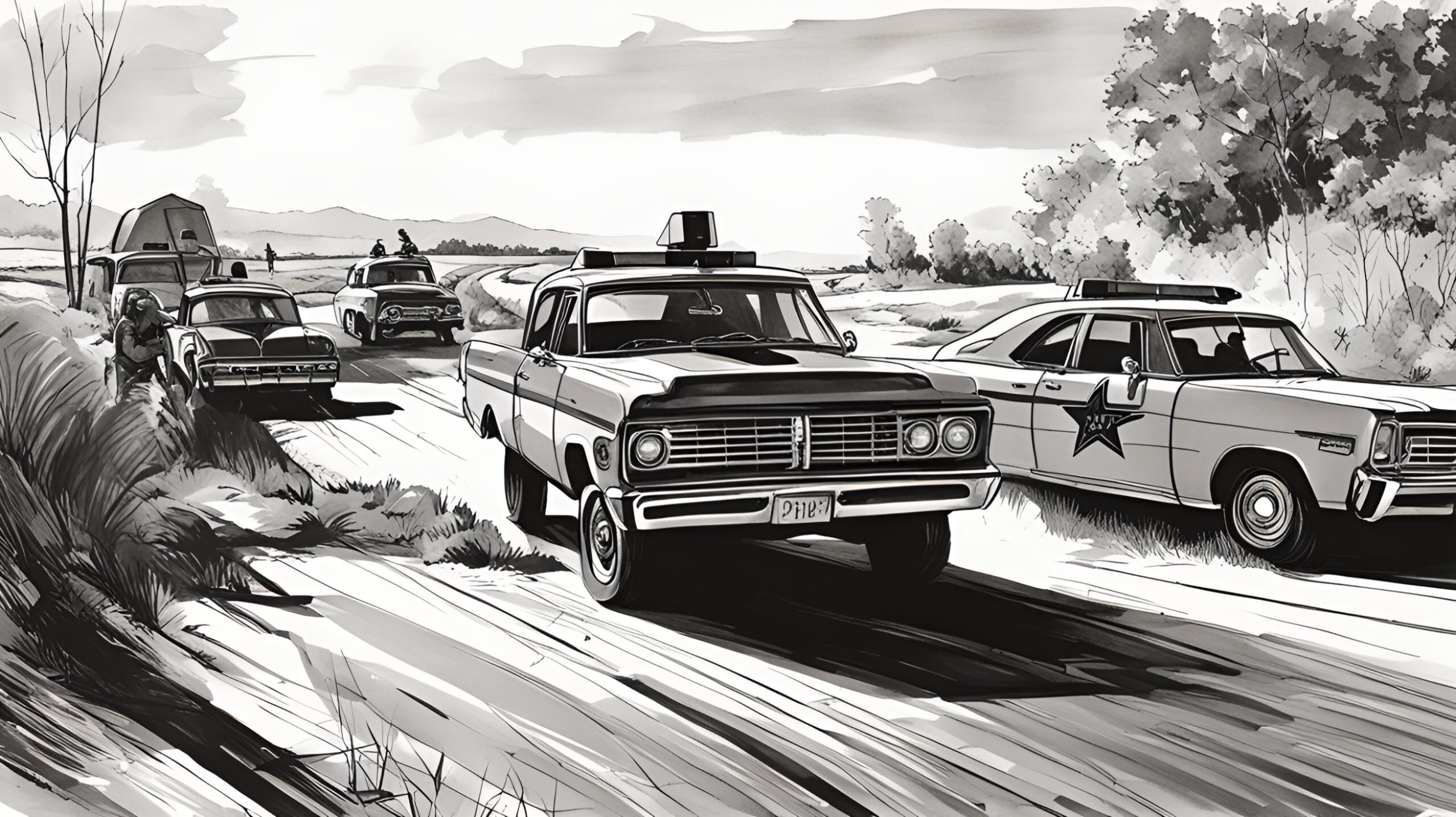Flashback to June 19
American History

On June 19, 1969, state troopers were ordered to Cairo, Illinois, to quell racial disturbances that had erupted in the city. This significant event highlighted the ongoing racial tensions and civil rights struggles of the time. The arrival of state troopers marked a pivotal moment in the history of Cairo and had far-reaching consequences for the community and the nation as a whole.
Cairo, Illinois, located at the confluence of the Mississippi and Ohio rivers, had a long history of racial tensions and systemic discrimination. Segregation and inequality were deeply entrenched in the city, with African Americans facing discrimination in various aspects of life, such as employment, education, and housing. As the civil rights movement gained momentum in the 1960s, these disparities became increasingly untenable.
In the summer of 1969, racial tensions in Cairo reached a boiling point. African American residents had long been subjected to unfair treatment at the hands of the predominantly white power structure in the city. Frustration and anger grew after several incidents of police brutality and racial discrimination. The African American community, led by activists and local leaders, began to organize protests and demonstrations to demand justice and equal rights.
The response from local authorities was often heavy-handed and fueled further tensions. The situation quickly escalated into violent confrontations between protesters and law enforcement. In an attempt to restore order and prevent further violence, state troopers were deployed to Cairo on June 19, 1969.
The arrival of state troopers in Cairo marked a significant shift in the dynamics of the protests. Their presence, though intended to maintain peace, was seen by many in the African American community as a show of force and an attempt to suppress their demands for justice. Instead of de-escalating the situation, the state troopers’ presence further inflamed tensions, leading to more clashes between protesters and law enforcement.
The events in Cairo gained national attention, and the racial unrest in the city became a symbolic representation of the larger civil rights struggles occurring across the United States. News coverage of the riots and protests in Cairo put a spotlight on the systemic racism and discrimination that persisted in many American cities, even after the landmark Civil Rights Act of 1964.
The events in Cairo also underscored the urgent need for comprehensive civil rights reforms and highlighted the role that law enforcement played in perpetuating racial injustices. The clashes between protesters and state troopers prompted a deeper examination of police practices and their impact on marginalized communities.
Although the immediate impact of the state troopers’ intervention was marked by violence and unrest, the events in Cairo ultimately contributed to broader conversations about racial equality and civil rights. The protests and subsequent turmoil brought national attention to the underlying issues faced by African Americans in Cairo and served as a catalyst for change.
In the years following the events in Cairo, efforts to address racial inequalities gained momentum. Activists and civil rights organizations continued to fight for equal rights and racial justice, leading to significant legislative reforms and a continued push for change. The events in Cairo, though tumultuous and painful in their immediate aftermath, played a significant role in advancing the cause of racial equality and highlighting the urgent need for systemic change.
The events that unfolded in Cairo, Illinois on June 19, 1969, were a turning point in the struggle for racial equality. The arrival of state troopers, intended to quell the racial disturbances, instead further highlighted the deep-seated racial tensions and discrimination that plagued the community. The events in Cairo brought national attention to the ongoing civil rights struggles and served as a catalyst for broader conversations and reforms. The impact of this pivotal moment continues to resonate in the fight against racism and inequality to this day.
We strive for accuracy. If you see something that doesn't look right, click here to contact us!
Sponsored Content

State troopers ordered to…
On 6/19/1969, state troopers…

Congress prohibits slavery in…
On 6/19/1862, the U.S.…

Grace Abbott, social worker…
Grace Abbott, a prominent…

50,000 participate in Solidarity…
On June 19, 1968,…

Albert W Dent is…
On June 19, 1953,…

Murray P Haydon, artificial…
On 6/19/1986, Murray P…

